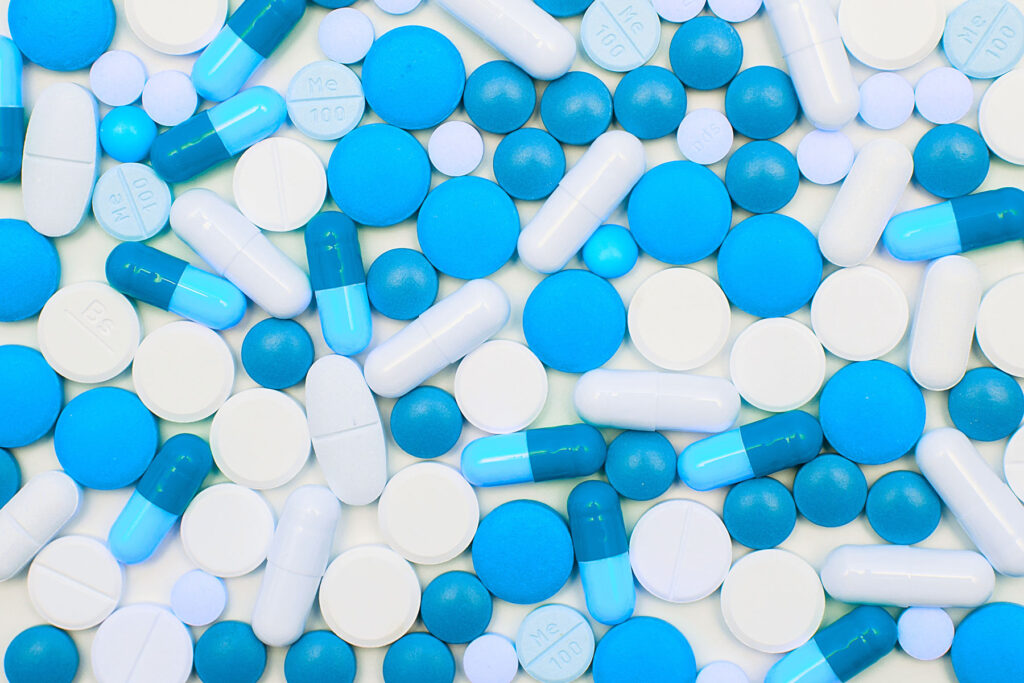Opioids are a class of drugs that include prescription painkillers like oxycodone, hydrocodone, and morphine, as well as illegal drugs like heroin. While they can provide effective pain relief, opioids are highly addictive and can be extremely dangerous, even deadly. From accidental overdoses to respiratory failure, opioid use can have serious consequences.
Opioid addiction treatment can make a difference by helping people reduce their dependence on opioids and develop healthy coping skills for lasting recovery. At Tree House Recovery, our compassionate team of experts offers a comprehensive range of opioid addiction treatment programs designed to help individuals reclaim their lives.
Call 910.812.1728 today to get started with effective opioid addiction treatment in North Carolina at Tree House Recovery.
What Makes Opioids Dangerous?
Opioids work by binding to specific receptors in the brain and spinal cord, which can produce feelings of euphoria and pain relief. However, these drugs can also suppress the respiratory system, meaning that high doses or prolonged use can cause breathing difficulties or even stop breathing altogether. Additionally, opioids can lead to physical dependence, which can result in withdrawal symptoms if the drug is abruptly stopped.
What makes opioids even more dangerous is the fact that they are highly addictive. People who take opioids may become addicted to the feelings of euphoria and pain relief, leading them to seek out higher doses of the drug or take it more frequently. This can increase the risk of overdose and other dangerous effects, including coma or death.
When Opioids Can Turn Deadly
While opioid use can be dangerous at any dose, certain factors can increase the risk of overdose or other negative outcomes. These include:
- Using opioids for non-medical reasons
- Taking higher doses than prescribed or combining opioids with other drugs, including alcohol
- Using opioids without medical supervision or without understanding the risks
- Having a history of substance abuse or addiction
- Having certain medical conditions, such as sleep apnea or lung disease
Overdose is the most immediate risk associated with opioid use. Signs of an overdose may include slowed or stopped breathing, unresponsiveness, and pinpoint pupils. Without timely medical attention, an overdose can be deadly. However, even those who use opioids without overdosing can experience other negative consequences, such as addiction, decreased quality of life, and strained relationships.
How Opioid Addiction Treatment Can Prevent Overdoses
Fortunately, effective opioid addiction treatment is available to help those struggling with addiction take back their lives. Treatment options can include medication-assisted treatment, counseling, and behavioral therapies. By targeting the underlying causes of addiction and providing necessary support and guidance, opioid addiction treatment can aid individuals in achieving long-term recovery.
Behavioral therapies, in particular, can be a valuable tool in the recovery process. Therapies such as cognitive-behavioral therapy and dialectical behavior therapy focus on identifying and changing unhealthy thinking patterns that often contribute to addictive behaviors. Through these therapies, participants can learn coping skills and strategies for managing cravings, making healthy decisions, and avoiding relapse.
At Tree House Recovery, we focus on a holistic approach. Exercise therapy is an integral part of our program, helping clients gain strength and resilience as they journey toward recovery.
Discover Effective Opioid Addiction Treatment at Tree House Recovery
At Tree House Recovery, we specialize in providing holistic and evidence-based opioid addiction treatment. Our approach focuses on healing the mind and body through a team-based approach that includes personalized treatment plans and 24/7 support. Our staff members have personal experience overcoming addiction, allowing them to provide a unique perspective and valuable insight that can aid in recovery. Every step of the way, our team will be there to encourage and support you as you work toward lasting sobriety.
If you or a loved one is struggling with opioid addiction, don’t wait any longer to get help. Call 910.812.1728 or reach out online to get started.

